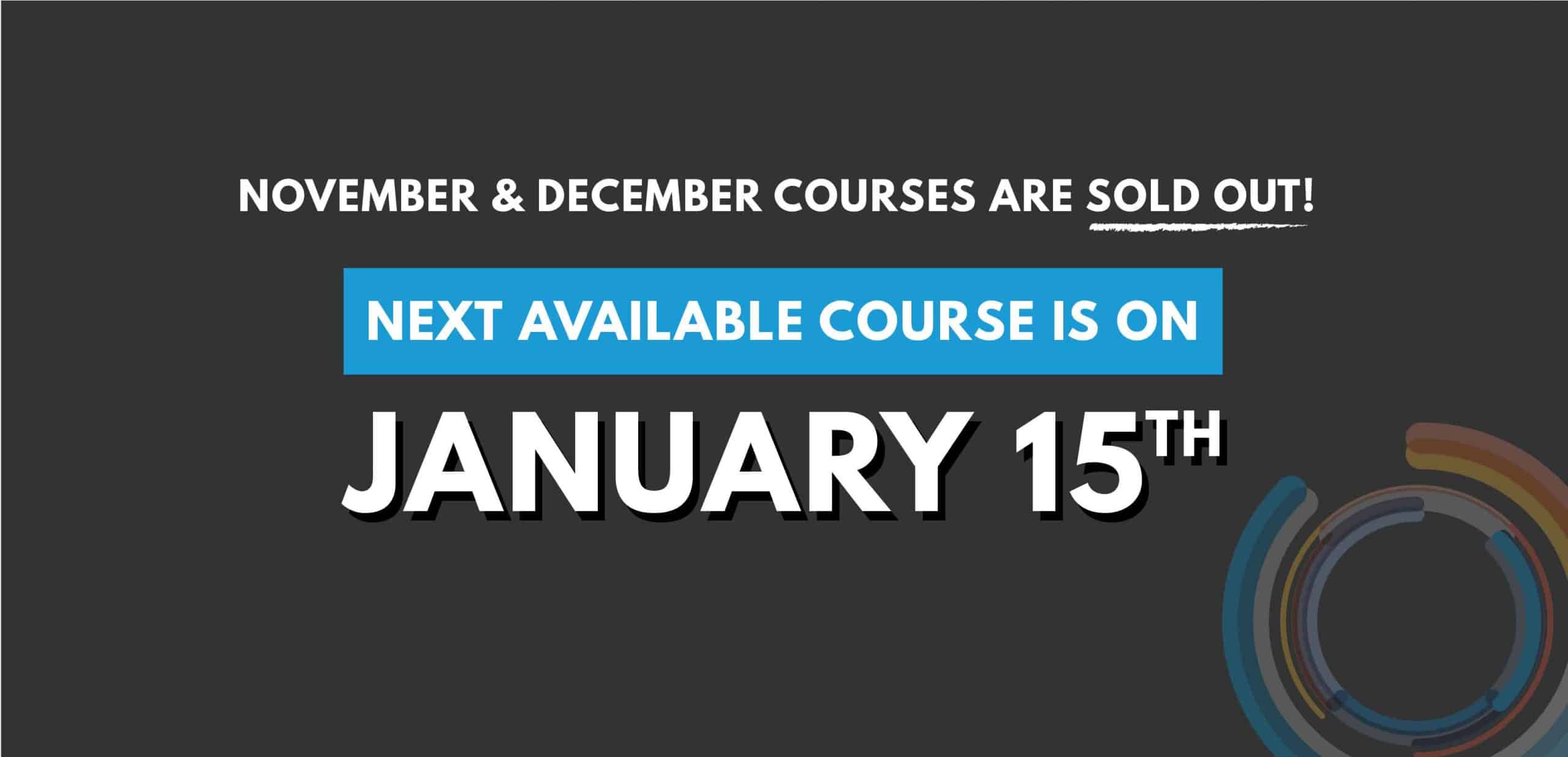First things first, ask yourself, “do I have a personal philosophy”. More than likely, you do– whether you can effectively articulate it yet, or not. We all have a personal philosophy, or a way about ourselves that gives us some degree of clarity and direction throughout our daily lives. Creating a personal philosophy, understanding how to set a vision, and learning your character strengths are central to improving and optimizing your mindset. Our patterns of thoughts influence how we perform. Therefore, embracing a personal philosophy is how we enhance awareness of our thought patterns in order to pursue our best.
A personal philosophy is a set of guiding principles that we live by. It influences everything from the words you say, to the steps you take, to the items that you will and will not purchase at the store. And individuals conceptualize philosophies in many ways. For example, some think of them as filters to sift all thoughts and actions through. Some think of them as a guiding paths, a yellow brick road that you shouldn’t stray from. And others simply consider them a whisper in the back of their head–always reminding and keeping them conscious. Ultimately, through all of these, the goal is to have an alignment between your thoughts, words, and actions that make them unmistakably true to you and that lead you on a path to success.
When you think of the most iconic and memorable leaders in history…what do they all have in common? People knew what they stood for. They talk their talk and walk their walk. Gaining that level of alignment and connection between your thoughts, actions, and perceptions is practically the definition of self-discovery. That’s really what your personal philosophy discovery is all about. It’s how you figure out who you are and become able to articulate it to others–and to yourself most of all. The essence of your philosophies should feel right to you first and foremost. No one else has to understand it or resonate with it. And an important point to consider is that your personal philosophy is already intrinsic inside of you, you just need to discover and uncover it.
Once you can articulate your principles, then next natural step is to gain and develop the tools, practices, and skills to be able to actually live by them. And this takes effort. You have to do the work…and it’s not always easy. The true test of whether you’ve successfully done that work is when you have to articulate who you are without preparation, without rehearsing, without notice. If someone asked you right now..in this moment: “so, who are you?”. Are you prepared to answer with a clear, straightforward response? They didn’t ask you what’s important to you…they didn’t ask you what you’re against..they asked you who you were. How are you going to answer?
Starter Tips For Developing A Personal Philosophy
- Start with around 25 words. If it feels right at the length, okay. If it feels like too much, then shave it down to what feels right for you.
- Write it down and read it repeatedly. Does it sound right?
- If one of your most intimate relationships heard your personal philosophy, would they agree with what you’ve written?
- Ask yourself why. If there is no why or how behind the concepts in your philosophy…is that really your philosophy?
In our online mindset training course, Finding Your Best, we walk you through understanding and clarifying your personal philosophy to jumpstart your journey of self-discovery. Learn more about Finding Your Best below:

